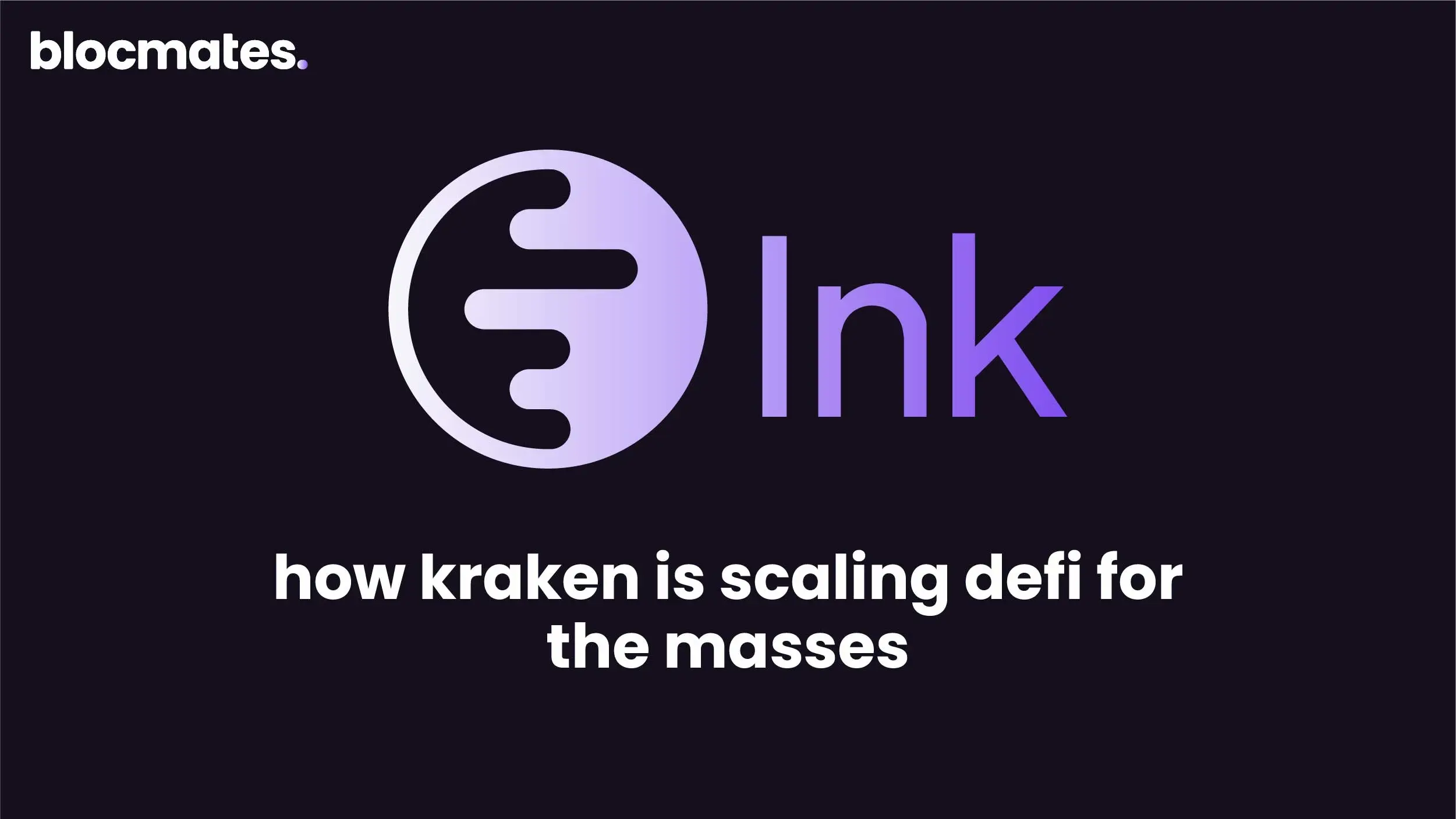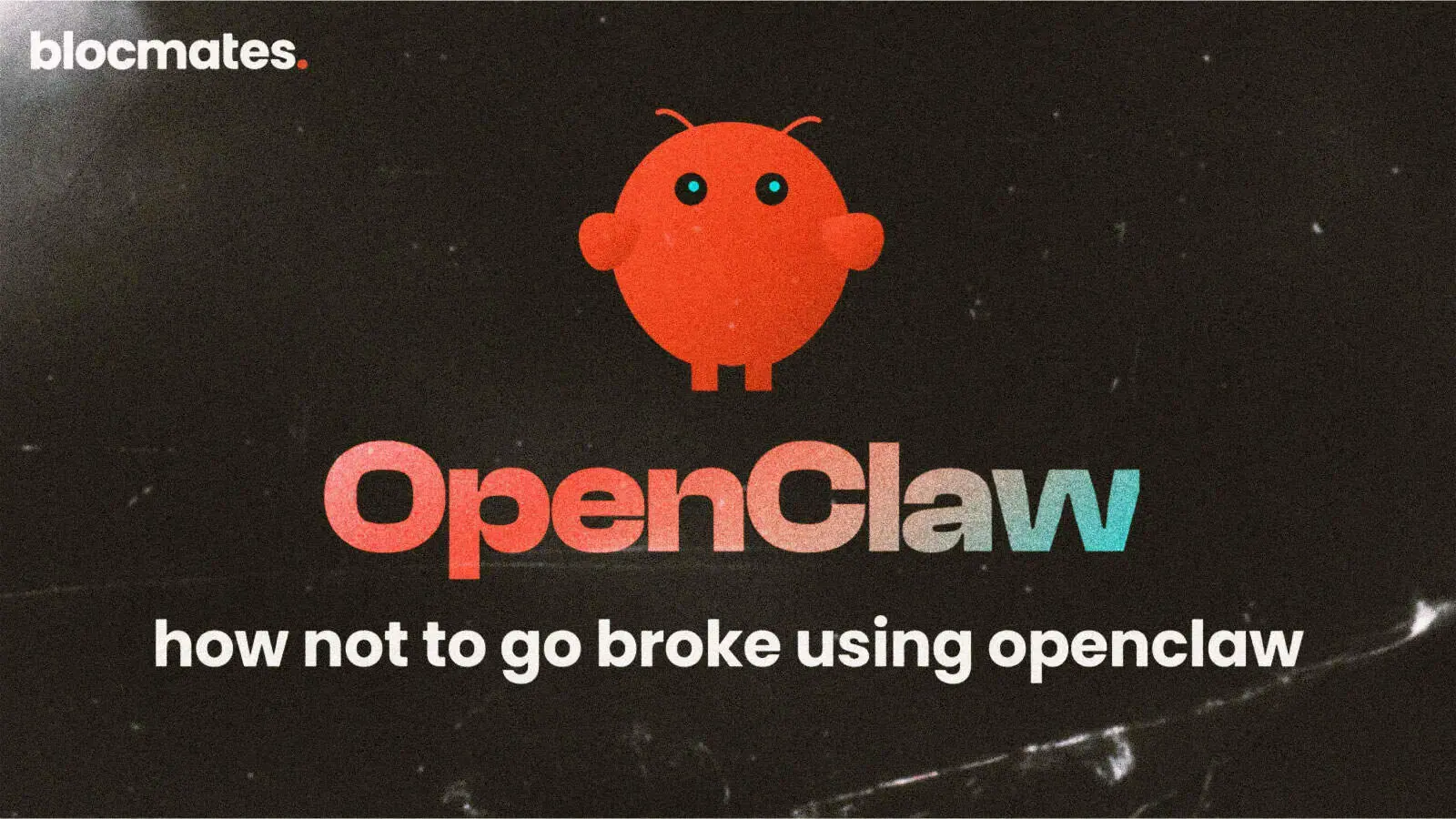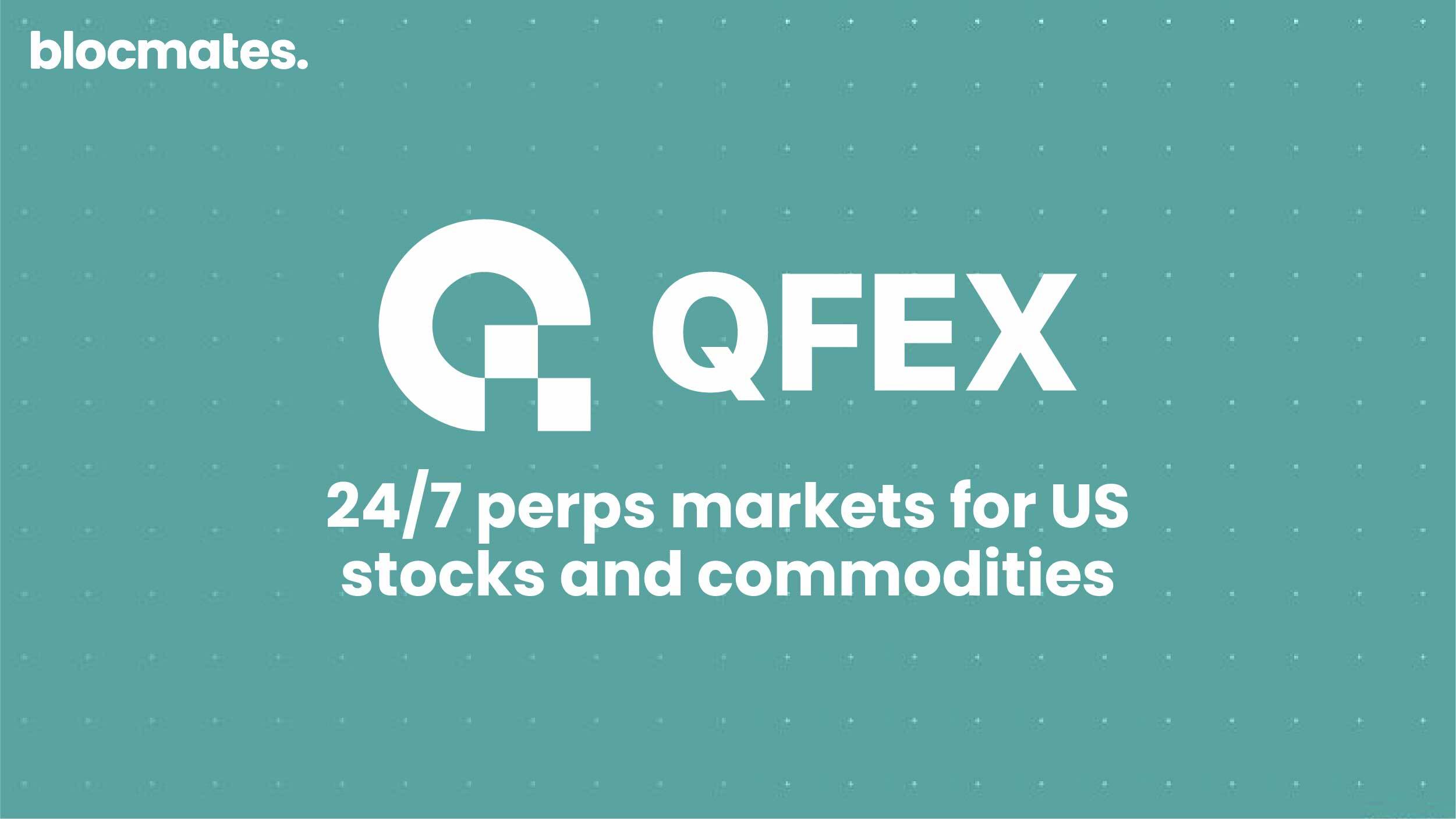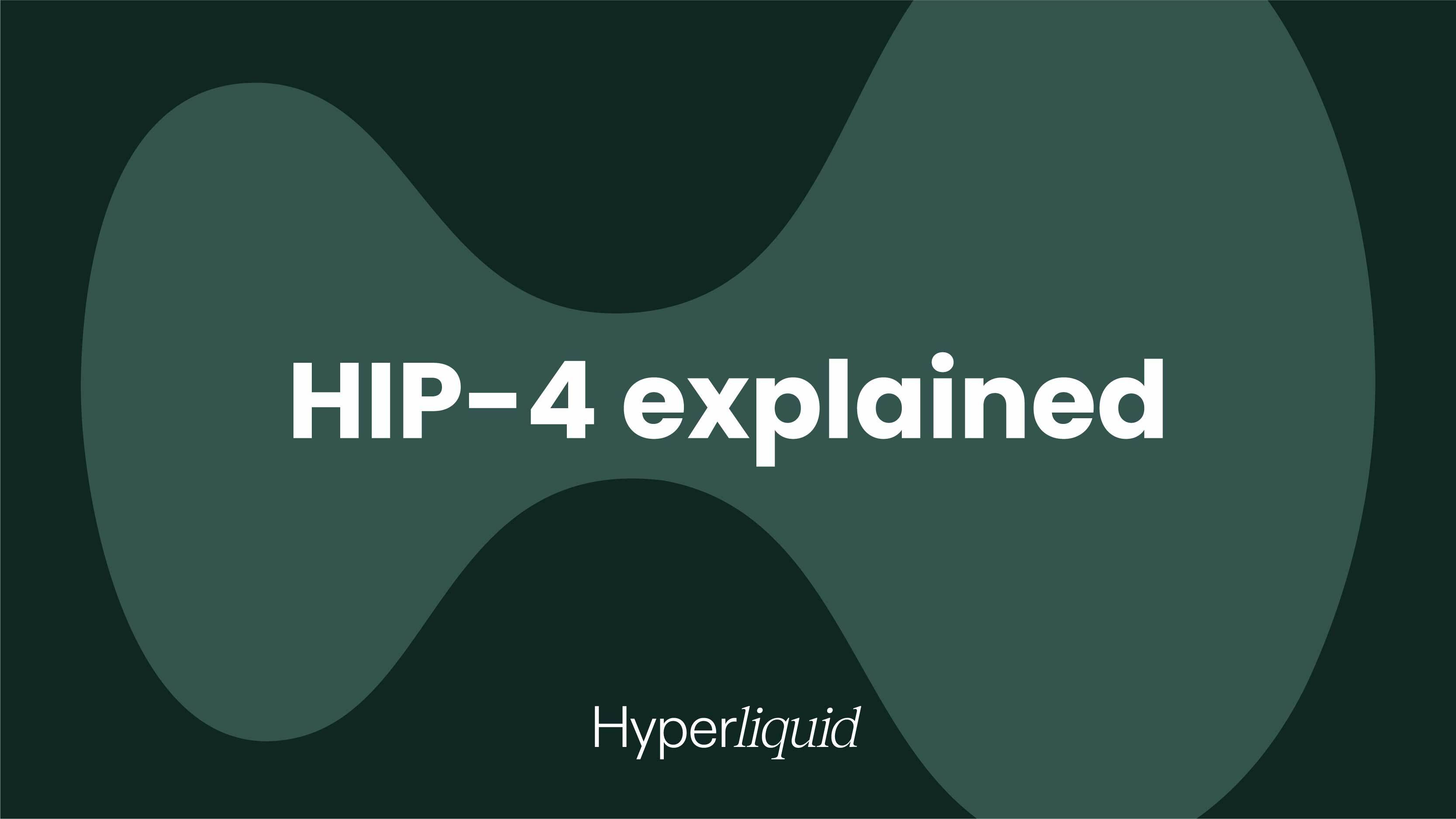Deutsche Bank is positioning itself for a stronger role in the evolving digital asset ecosystem, with plans to roll out its crypto custody service in 2026.
The move shows growing interest from traditional finance players in the crypto infrastructure space, especially as regulatory clarity improves in Europe and sentiment shifts in the U.S. following recent political developments.
Building the infrastructure: Bitpanda and Taurus involved
According to sources cited by Bloomberg, Deutsche Bank has teamed up with Bitpanda Technology Solutions, the tech arm of Austrian-based crypto exchange Bitpanda, to help build the back-end architecture of the custody platform.
The bank will also continue working with Swiss infrastructure provider Taurus SA, a firm it previously backed in a $65 million funding round in 2023.
While Deutsche Bank and its partners have yet to publicly comment on the specifics of the rollout, the move marks a continuation of the bank's 2022 announcement to enter the digital asset custody space.
With Bitpanda's focus on modular crypto infrastructure and Taurus’ digital securities and custody expertise, the German lender appears to be assembling a strong backend to handle secure digital asset storage for institutional clients.
Exploring stablecoins and tokenized deposits
In addition to custody, Deutsche Bank is exploring deeper integration with blockchain-based financial tools. According to recent statements, the bank is actively studying stablecoins and various forms of tokenized deposits, potentially including the creation of its own digital token.
While nothing is confirmed yet, Deutsche Bank could either develop its own internal payment solution or opt to participate in a broader industry initiative to explore tokenized banking solutions.
These developments align with a broader trend of legacy institutions making their way into the digital asset industry.
As demand for secure crypto custody and regulated tokenized products increases, major banks are reassessing their digital strategy to accommodate future demand.
Regulatory momentum, particularly under new U.S. leadership and evolving European frameworks like MiCA, appears to be a driving factor.




.webp)





























.webp)

.webp)
.webp)

%20(1).webp)



























































%202.webp)


.webp)

.webp)
.webp)
.webp)


.webp)
.webp)

.webp)
.webp)
.webp)


.webp)
.webp)










.webp)


.webp)









.webp)







.webp)




.webp)


























.webp)







.webp)















.webp)

.webp)
.webp)

.webp)














.webp)

.webp)


.webp)








.webp)




